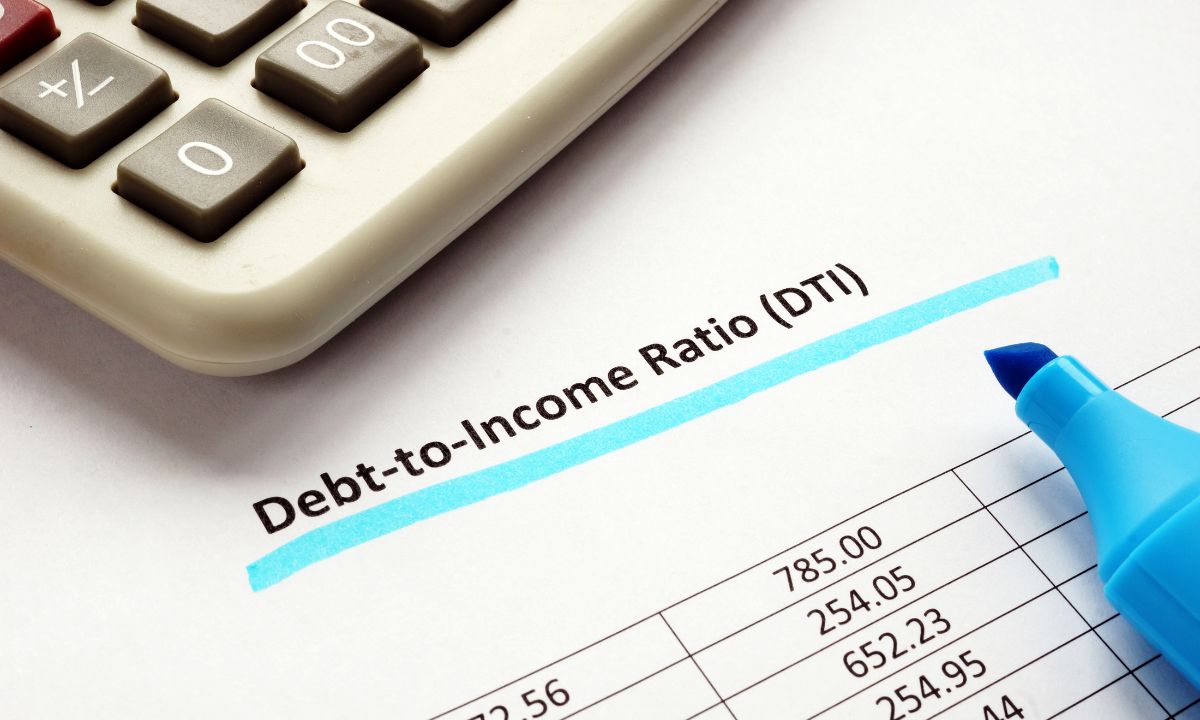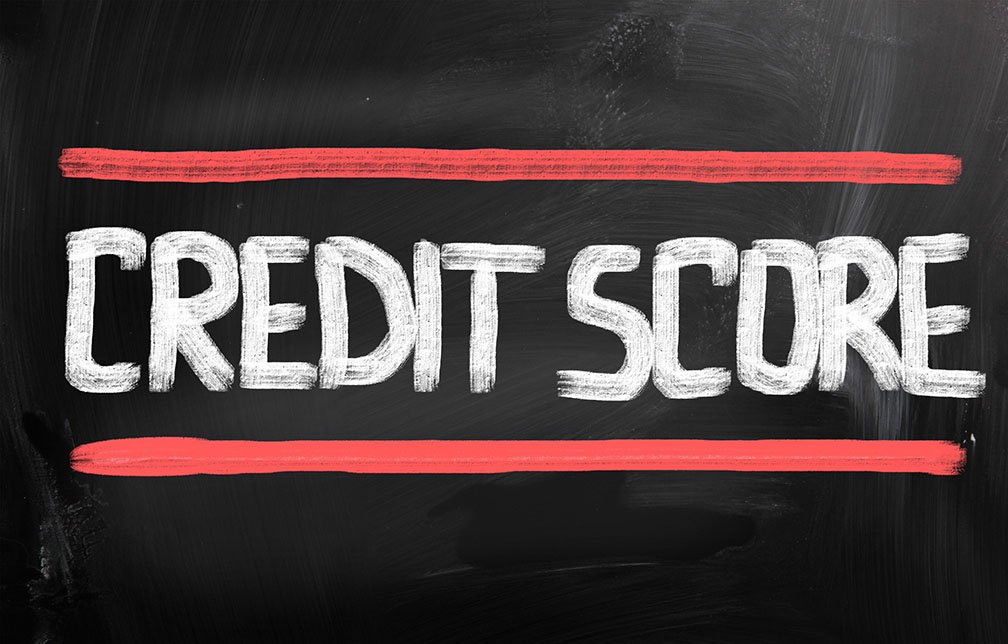 The interest rate you qualify for when securing a mortgage can make a huge difference in your financial journey. The good news is, that by understanding how credit scores impact mortgage rates and implementing strategic steps to boost your score, you can potentially unlock lower rates and save thousands of dollars over the life of your loan.
The interest rate you qualify for when securing a mortgage can make a huge difference in your financial journey. The good news is, that by understanding how credit scores impact mortgage rates and implementing strategic steps to boost your score, you can potentially unlock lower rates and save thousands of dollars over the life of your loan.
Lenders use credit scores as one of the primary factors in determining the interest rate they offer you on a mortgage. Generally, the higher your credit score, the lower your interest rate will be. This is because a higher credit score indicates to lenders that you’re a lower-risk borrower, making you eligible for more favorable terms.
Here’s a rough breakdown of how credit scores typically correlate with mortgage rates:
Excellent Credit (781–850): Borrowers with excellent credit scores often qualify for the lowest mortgage rates available.
Good Credit (661–780): While not as advantageous as excellent credit, borrowers with good credit scores still usually receive competitive rates.
Fair Credit (601–660): With fair credit, you might still qualify for a mortgage, but you’re likely to face higher interest rates.
Poor Credit (Below 600): Borrowers with poor credit scores may struggle to qualify for a mortgage, and if they do, they’ll likely face significantly higher interest rates.
*Credit ratings from VantageScore 3.0® credit score ranges
Steps to Boost Your Credit Score
Now that you understand the importance of credit scores, let’s explore actionable steps to boost yours and qualify for those lower mortgage rates:
1. Check Your Credit Report
Start by obtaining a copy of your credit report from all three major credit bureaus—Equifax, Experian, and TransUnion. Review them carefully for any errors or inaccuracies that could be dragging down your score. Dispute any discrepancies you find to ensure your report is accurate.
2. Pay Your Bills on Time
Your payment history is a crucial factor in determining your credit score. Set up automatic payments or reminders to ensure you never miss a due date. Even one late payment can have a significant negative impact on your score.
3. Reduce Credit Card Balances
High credit card balances relative to your credit limits can harm your credit score. Aim to keep your credit utilization ratio—the amount of credit you’re using compared to your total available credit—below 30%. Paying down credit card debt can quickly improve your score.
4. Avoid Opening New Accounts
Opening new credit accounts can temporarily lower your credit score. Additionally, each new account adds a hard inquiry to your credit report, which can further ding your score. Hold off on applying for new credit until after you’ve secured your mortgage.
5. Keep Older Accounts Open
The length of your credit history also impacts your score. If you have older credit accounts in good standing, keep them open, even if you’re not actively using them. Closing old accounts can shorten your credit history and potentially lower your score.
6. Consider a Credit Builder Loan
If you’re struggling to establish credit or rebuild a poor credit history, a credit builder loan can be a valuable tool. These loans are designed specifically to help individuals improve their credit scores by making on-time payments.
Real-Life Example: The Impact of Improving Your Credit Score
Let’s illustrate the potential savings of boosting your credit score with an example:
Scenario 1: Sarah has a credit score of 650 and qualifies for a 30-year fixed-rate mortgage with an interest rate of 4.5%. On a $250,000 loan, her monthly payment would be approximately $1,266, and she would pay a total of $206,016 in interest over the life of the loan.
Scenario 2: After diligently working to improve her credit score, Sarah’s score increases to 750. Now, she qualifies for the same mortgage with an interest rate of 3.5%. With the lower rate, her monthly payment drops to around $1,122, and she pays only $154,197 in interest over the life of the loan—a savings of over $50,000!
Boosting your credit score takes time and effort, but the potential savings on your mortgage make it well worth it. By following these steps and monitoring your progress, you can position yourself for lower mortgage rates and significant long-term savings. Remember, every point increase in your credit score can make a difference, so stay focused on your financial goals and watch your credit score—and your opportunities—rise.
 Knowing the difference between a hard inquiry vs soft inquiry can help you maintain a good credit score. Here’s what you need to know.
Knowing the difference between a hard inquiry vs soft inquiry can help you maintain a good credit score. Here’s what you need to know. When it comes to securing a mortgage for your dream home, there’s a crucial number that can make or break your application: your debt-to-income ratio (DTI). Understanding and managing your DTI is essential for navigating the mortgage approval process smoothly. Let’s delve into what DTI is, why it matters, and how you can calculate it.
When it comes to securing a mortgage for your dream home, there’s a crucial number that can make or break your application: your debt-to-income ratio (DTI). Understanding and managing your DTI is essential for navigating the mortgage approval process smoothly. Let’s delve into what DTI is, why it matters, and how you can calculate it. Have you finally found your dream home after months of searching, and then you are told that the seller has received other offers? No buyer wants to find themselves in a bidding war against another buyer as it is a stressful situation. Being unprepared and not having your finances in order will make it even more stressful. Here are a few quick ways if you’re looking to speed up your mortgage approval process, here’s a checklist to help you prepare:
Have you finally found your dream home after months of searching, and then you are told that the seller has received other offers? No buyer wants to find themselves in a bidding war against another buyer as it is a stressful situation. Being unprepared and not having your finances in order will make it even more stressful. Here are a few quick ways if you’re looking to speed up your mortgage approval process, here’s a checklist to help you prepare: When you apply for a new mortgage, the lender will evaluate your creditworthiness to determine whether to approve your application and what terms and interest rate to offer you. Your existing debt can affect your creditworthiness in several ways:
When you apply for a new mortgage, the lender will evaluate your creditworthiness to determine whether to approve your application and what terms and interest rate to offer you. Your existing debt can affect your creditworthiness in several ways: Obtaining a pre-approval for a mortgage is an important step when you’re planning to buy a home. It gives you an idea of how much you can afford, helps streamline the home-buying process, and strengthens your position as a serious buyer. However, many people worry that the pre-approval process might negatively impact their credit score. In this blog post, we’ll dive into the details to determine whether or not a pre-approval for a mortgage will hurt your credit.
Obtaining a pre-approval for a mortgage is an important step when you’re planning to buy a home. It gives you an idea of how much you can afford, helps streamline the home-buying process, and strengthens your position as a serious buyer. However, many people worry that the pre-approval process might negatively impact their credit score. In this blog post, we’ll dive into the details to determine whether or not a pre-approval for a mortgage will hurt your credit.